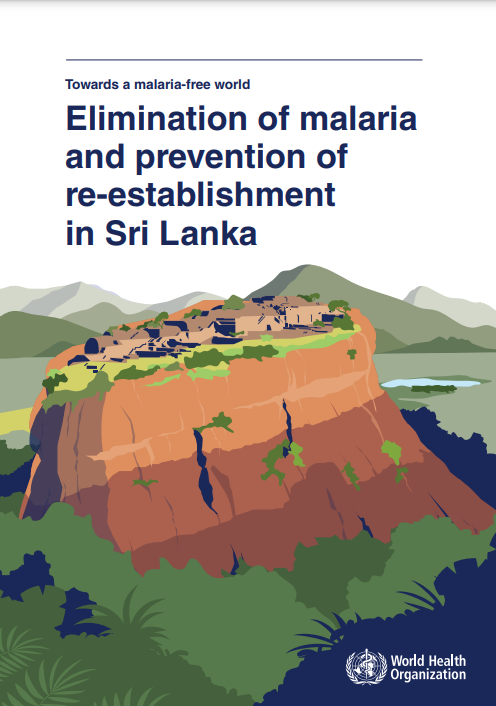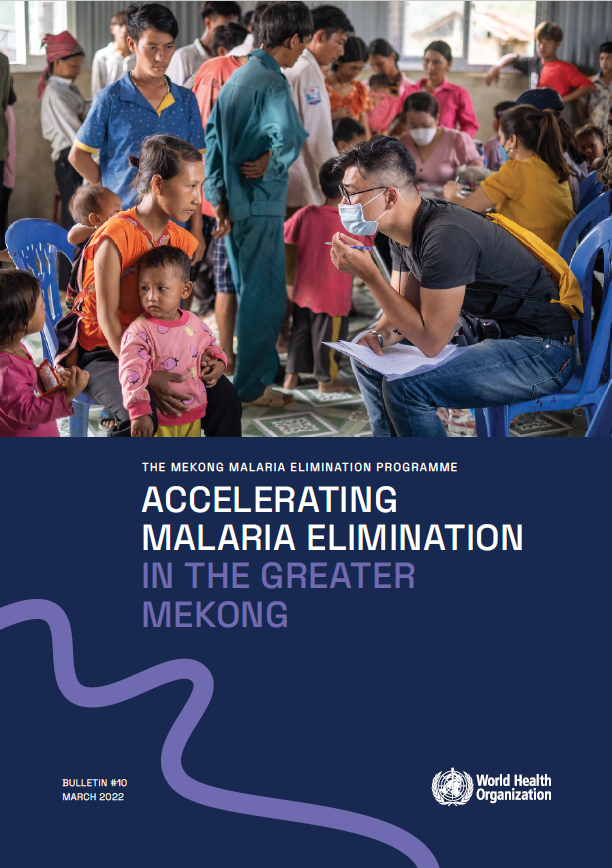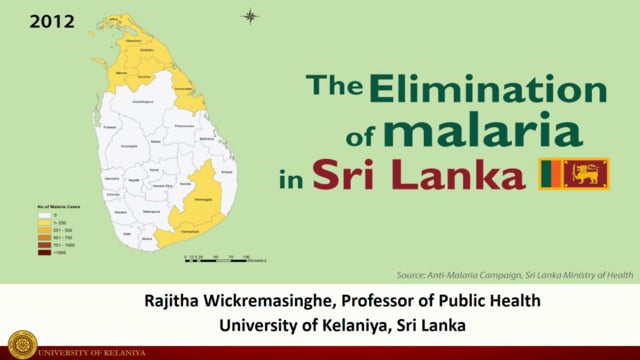Elimination of malaria and prevention of re-establishment in Sri Lanka
Published: 18/04/2024
This publication describes the history of malaria in Sri Lanka, detailing the steps taken towards its elimination and the subsequent strategies and policies implemented to prevent its re-establishment. It highlights the challenges and lessons learned during the elimination process and describes the essential elements required for sustaining a malaria-free status, considering Sri Lanka’s ongoing susceptibility.
When Sri Lanka joined the Global Malaria Eradication Programme (GMEP) in the 1950s, malaria had been endemic for centuries. Following the reduction of malaria cases to near elimination levels by 1963, Sri Lanka experienced a resurgence that persisted for 5 decades. In the late 1990s, aligning with the WHO Roll Back Malaria initiative, Sri Lanka successfully renewed its efforts to defeat the disease. The last indigenous malaria cases were reported in 2012, and Sri Lanka was certified malaria-free by WHO in 2016. A robust prevention of re-establishment programme has maintained zero indigenous malaria post-elimination.
The insights derived from Sri Lanka’s experience offer valuable guidance for other countries striving to eliminate malaria and prevent its re-establishment, making this publication a pertinent resource for researchers, public health officials, and policymakers in the field of global health.


